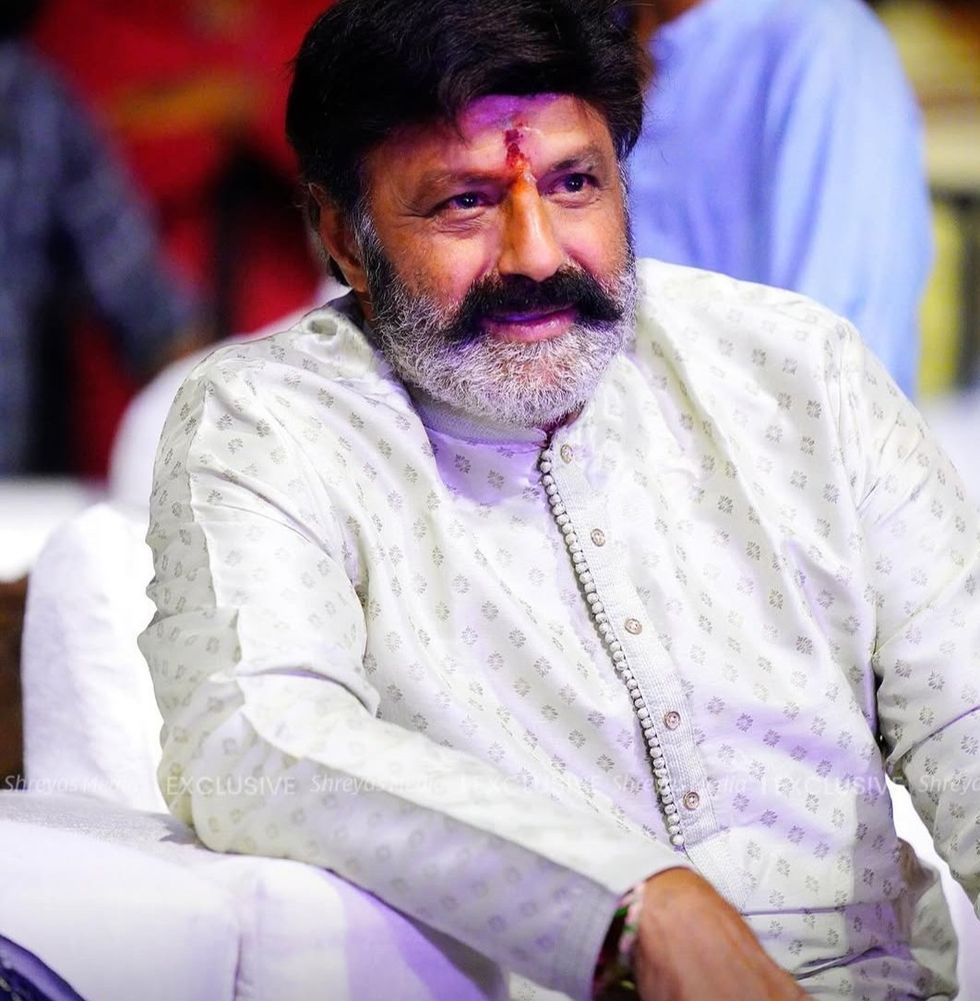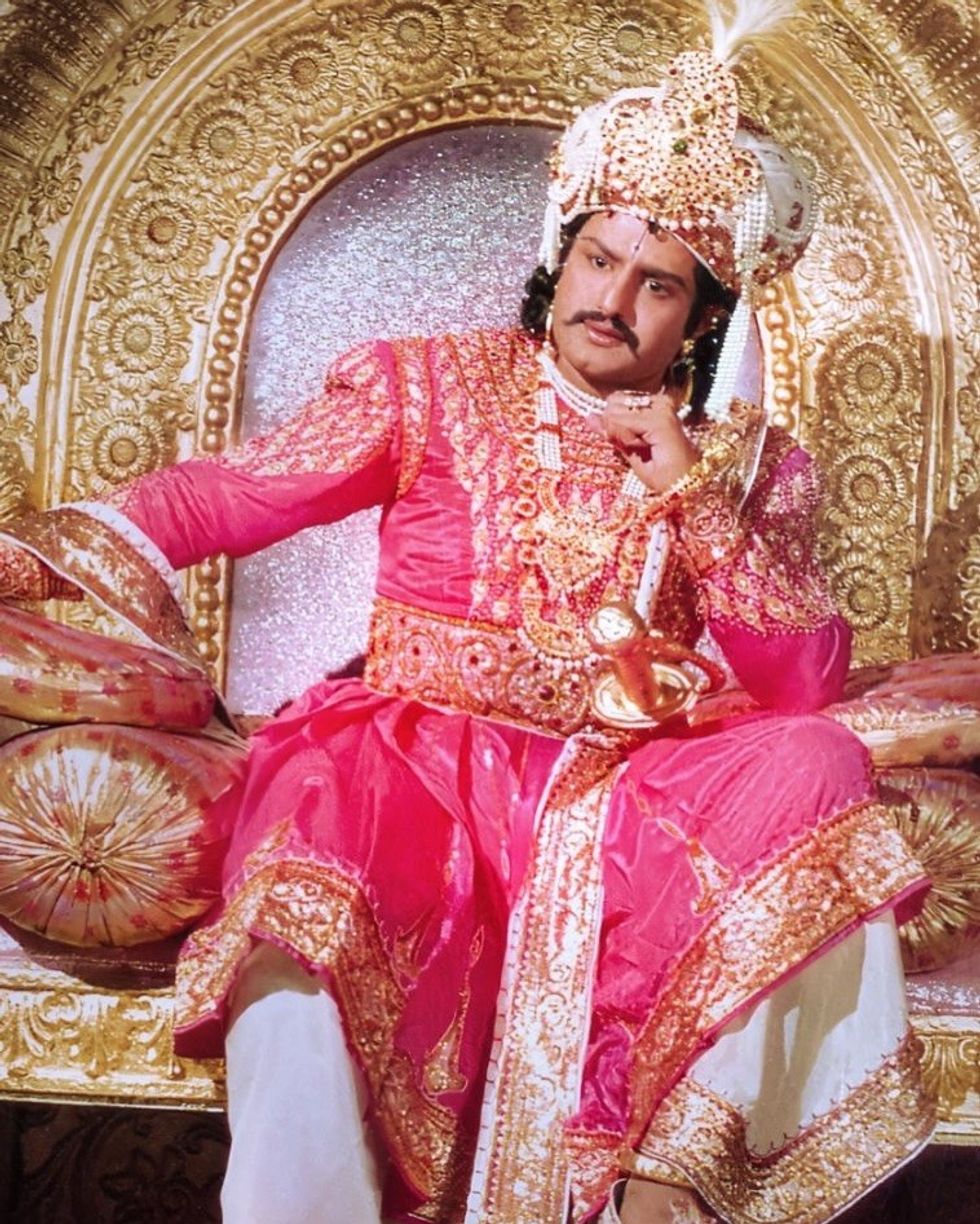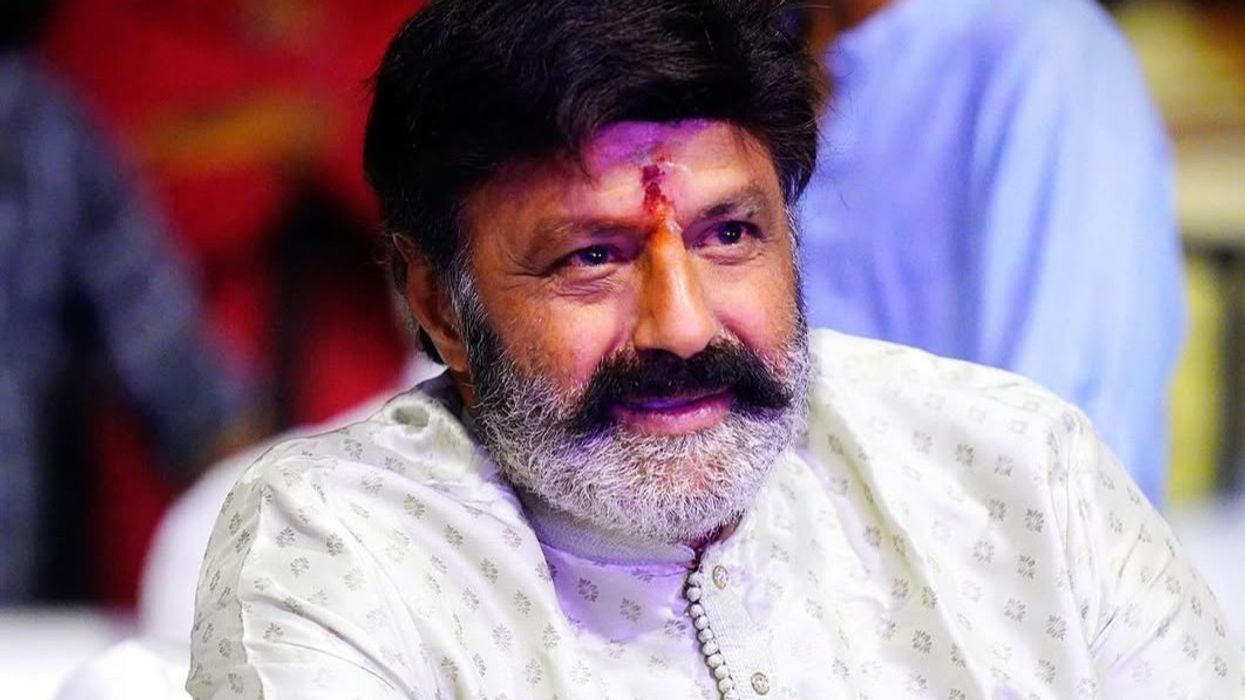Highlights:
- Nandamuri Balakrishna becomes first Telugu actor recognised by World Book of Records UK.
- Actor’s daughter Brahmani Nara and political leaders, including CM Chandrababu Naidu, celebrated the milestone.
- Balakrishna has acted in over 100 films since his 1974 debut Tatamma Kala.
- Earlier this year, he was awarded the Padma Bhushan for his contribution to cinema.
Veteran Telugu actor Nandamuri Balakrishna has been honoured by the World Book of Records UK for completing 50 years in cinema, marking a historic first for the Telugu film industry. Fondly called “Balayya” by his fans, the actor’s recognition for this five-decade journey comes alongside his Padma Bhushan win, cementing his legacy as one of Indian cinema’s most enduring stars.

What is Nandamuri Balakrishna’s World Book of Records recognition?
The World Book of Records UK awarded Balakrishna its Gold Edition certificate for his contribution to Indian cinema. He became the first Telugu actor to receive this global honour, celebrating his milestone of half a century as a leading hero.
CEO of the organisation, Santosh Shukla, described Balakrishna as “an inspiration to millions,” calling his journey “a golden benchmark in Indian and global cinema.”
How did fans and family react to Balakrishna’s honour?
The announcement sparked celebrations across social media, with the actor’s daughter, Brahmani Nara, posting a heartfelt tribute on Instagram. She wrote:
“50 years as a leading hero, a feat now in the World Book of Records! You are a true force of nature, an icon on screen, and a compassionate leader off it. So proud of this global recognition for your incredible journey. Our pride, our hero!”
Fans flooded platforms with the hashtag #50YearsOfNBK, sharing clips from his most iconic roles spanning action, family dramas, and historical epics.
What did Chandrababu Naidu say about Balakrishna’s milestone?
Andhra Pradesh Chief Minister N. Chandrababu Naidu, who is also Balakrishna’s brother-in-law, described the actor’s journey as “a golden chapter in Indian film history.” In a post on X, Naidu wrote:
“#50YearsOfNBK Admired by people across generations and celebrated for his dedication and passion for cinema, Shri Nandamuri Balakrishna Garu’s journey as a lead hero for 50 years stands as a golden chapter in Indian film history. The recognition by the World Book of Records UK is a testament to his extraordinary journey.”
Which films define Balakrishna’s 50-year career?
Balakrishna made his debut in 1974 with Tatamma Kala as a child artist before becoming a household name with hits like Annadammula Anubandham (1975), Sahasame Jeevitham (1984), Kathanayakudu (1984), and Nippulanti Manishi (1974).
Over the years, he has acted in more than 100 films, including blockbusters such as Daaku Maharaaj and Veera Simha Reddy. Known for his larger-than-life screen presence, Balakrishna’s films have often combined action with strong emotional narratives.

What’s next for Nandamuri Balakrishna?
Even after five decades, Balakrishna shows no signs of slowing down. He is currently working on Akhanda 2: Thaandavam, the sequel to his 2021 hit Akhanda, directed by Boyapati Srinu. He has also signed another untitled project with director Gopichand Malineni.
His continued success in both cinema and politics, as a member of the Andhra Pradesh Legislative Assembly, has made him one of the most influential figures in South India.





